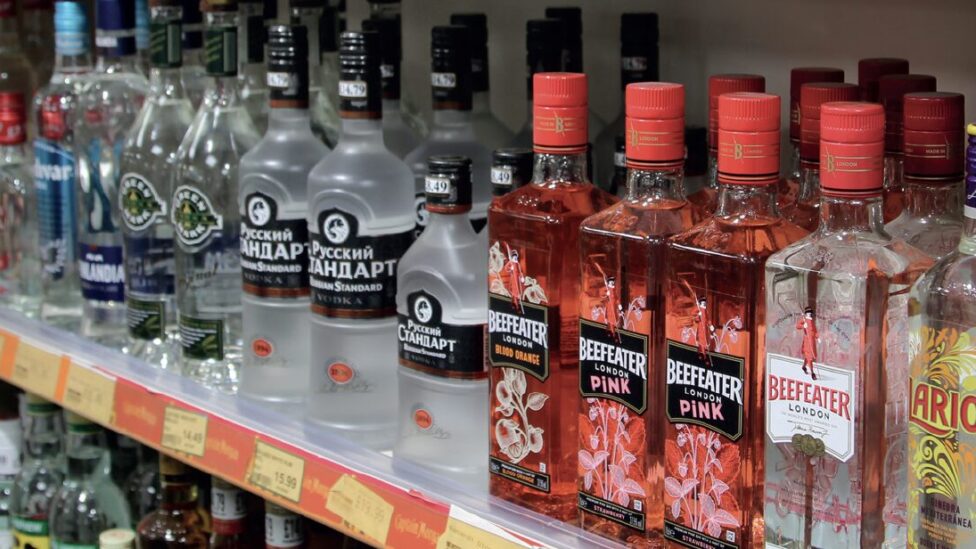Alcohol suppliers in Scotland are not preparing to take back any soon-to-be non-compliant price-marked packs (PMPs) after the introduction of new minimum unit pricing (MUP) laws, potentially leaving retailers with leftover unsaleable stock.
From 30 September, the minimum price for alcohol will increase to 65p per unit. This will mostly affect affordable lines of spirit bottles such as Glen’s 70cl, Glen’s 1l, Smirnoff 70cl, Smirnoff 1l, High Commissioner 70cl, High Commissioner 1l and Whyte & Mackay 70cl.
Loch Lomond Group, which supplies Glen’s Vodka and High Commissioner whisky, is not making plans to take back any non-compliant stock. According to a Loch Lomond Group source, the company has only bonded warehouse storage, meaning tax is not paid on stock until it is delivered to stores.
Once tax has been paid upon delivery to retailers, non-compliant PMPs will not be able to be returned to bonded storage due to their tax status.
“You run into trouble switching stock from one bond to another, as HMRC thinks something funny is going on,” the source said. Suppliers have also downplayed the need for stock takebacks, with one Whyte & Mackay source saying: “We stopped taking orders for [affected] PMPs eight weeks ago.”
SGF and Scottish government publish MUP guide
They added the company is expecting retailers will have “clear shelves”, meaning they are expecting retailers to sell through all old PMPs in time.
One wholesaler who wished to remain anonymous said it “does not envision it being a huge problem” for their business and said their response “will fall in line with how we dealt with it in 2018”, when MUP was first introduced.
“Last time, there was a grace period and a pragmatic approach from the government in terms of local licensing officers and stuff like that, so it’s not as if it’s going to be a hard start. There will be flexibility in there,” the wholesaler said.
But retailer Natalie Lightfoot, of Londis Solo Convenience in Glasgow, said she will “definitely have leftover stock” and says the prospect of stickering over old price-marks “doesn’t look professional and will give them a bad reputation.
“It just takes once for a customer to say ‘you are overcharging me’, not knowing much about the law,” she said.
Lightfoot said she wished her suppliers had “provided something to cover old prices that was a bit more professional than what we’re going to have to do”, and added: “If we cover up the price and put a higher price on it, we’re going against trade descriptions, and we can’t take that risk.
“Considering everybody is focusing on PMPs and it’s affecting quite a few of our whisky and vodka lines, it’s frustrating.”



Comments
This article doesn't have any comments yet, be the first!